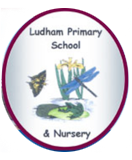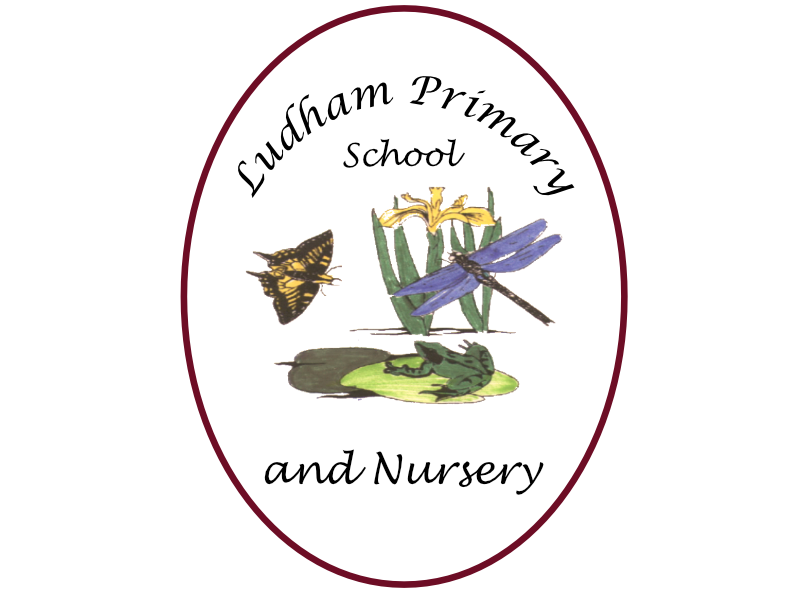INTENT
At Ludham Primary School and Nursery, our children are THEOLOGISTS! Our intent is to support our children in developing an excellent level of religious understanding and knowledge. We aim to do this through engagement with a range of ultimate questions about the meaning and significance of existence. We want our children to ask significant and highly reflective questions about religion and demonstrate an excellent understanding of issues related to the nature, truth and value of religion. Above all, we want our children to develop a respect for other beliefs and religions and appreciate and celebrate the diverse world in which they live. We want to equip children with not only the minimum statutory requirements of the Religious Education National Curriculum but to prepare them for the opportunities, responsibilities and experiences of later life.
IMPLEMENTATION
At Ludham Primary School and Nursery, we follow the Discovery RE scheme:
- To support the delivery of this, teachers have access to resources published by Norfolk Agreed Syllabus for RE
- Children are taught to understand and respect the importance of religious beliefs in the world around them.
- The syllabus aims to allow pupils to explore themes and concepts within religion drawing on beliefs from a range of different faiths and world views.
- We aim to ensure that the RE curriculum is challenging, dynamic and relevant to pupils of all ages. – that is why an enquiry approach was implemented, encouraging higher -order thinking and allowing our children to explore in a way that is meaningful to them.
- At Ludham, RE is taught in weekly lessons.
- We have developed a progression of skills with each year group, which enables pupils to build on and develop their knowledge and skills each year.
- In order to support children in their ability to ‘know more and remember more’ there are regular opportunities to review the learning taken place in previous topics as well as previous lessons.
- At the start of each topic children will review previous learning and will have the opportunity to share what they already know about a current topic.
- Effective use of education visits are planned, to enrich and enhance the pupil’s learning experiences within the RE curriculum.
- Teachers use highly effective AFL at different points in each lesson to ensure misconceptions are highlighted and addressed.
- Effective modelling by teachers ensures that children are able to achieve their learning objective, with misconceptions addressed within it.
- Through using a range of assessment tools, differentiation is facilitated by teachers, to ensure that each pupil can access the RE curriculum.
- Children are given clear criteria in order to achieve the Learning Intention with differing elements of independence.
- Pupils are regularly given the opportunity for self or peer assessment, which will then be used to inform planning, preparation, differentiation and address misconceptions within that lesson, or RE Curriculum Statement for the next lesson.
- Our Assessment allows us to use data to inform future practice.
EYFS
The Early Years Foundation Stage Curriculum supports children’s understanding of Religious Education through the planning and teaching of ‘Understanding the World’. Children are encouraged to use their imagination and curiosity to develop their appreciation of, and wonder at, the world in which they live. Exploring others’ views, cultures and beliefs supports children in developing their views and beliefs about themselves, their family and community. In finding out about others, young children are encouraged to reflect on belief, culture and practice and explore faith through observing festivals and celebrations, sharing stories, visuals, toys and puppets, handling real artefacts, roleplay, books and discussion.
IMPACT
The impact of this curriculum design will lead to excellent progress over time across key stages relative to a child’s individual starting point and their progression of skills. Children will therefore be expected to leave Ludham reaching at least age-related expectations for RE. Our RE curriculum will also lead pupils to be enthusiastic RE learners, evidenced in a range of ways, including pupil voice and their work.
Curriculum Overview - EYFS to Y6



Knowledge Organisers





Tab Content




